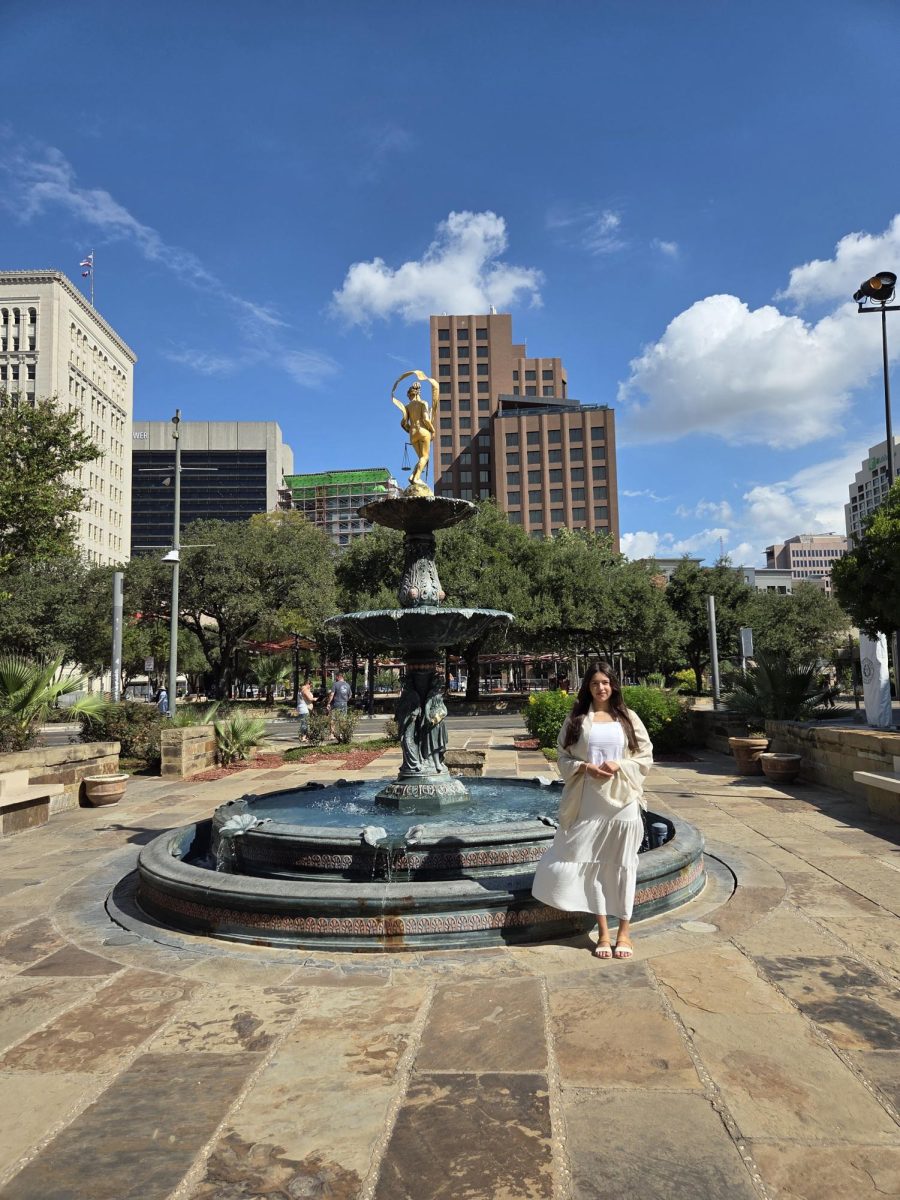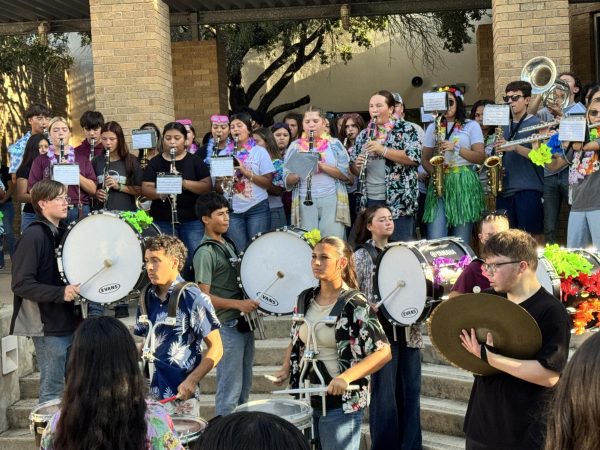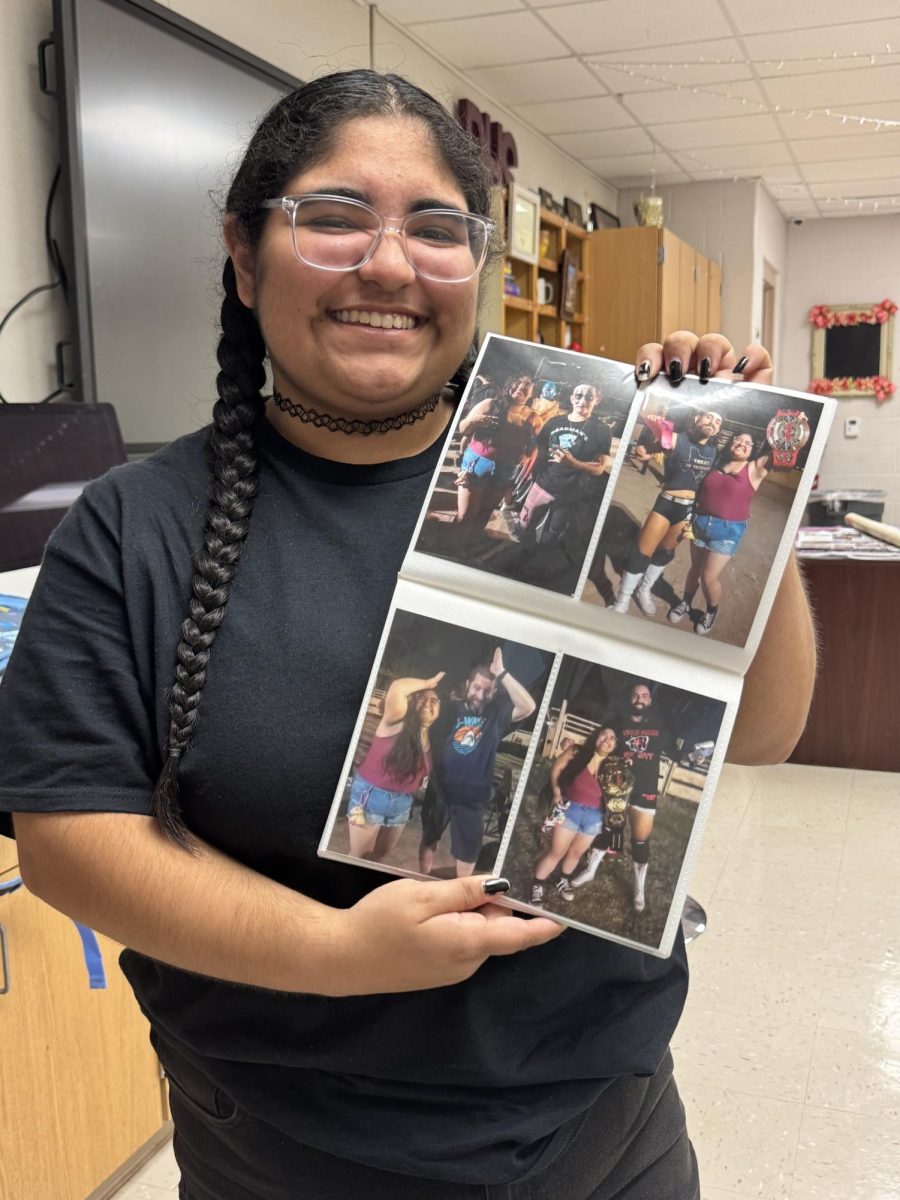Welcome everyone! This is Our Blessed Edit’s first episode here on The Warhorse, and I wanted to take a moment to just rejoice and thank God for this amazing opportunity, as well as you the viewer for tuning in!
To kick off this series, I wanted to start with a speech I gave for a Confirmation Retreat I had the privilege of speaking at.
To begin, let’s start with a few questions:
Have you ever told someone that you forgave them, but deep down, you knew you hadn’t?
Do you say that you’re the type to “forgive and forget,” even though you know you’re really not?
Do you struggle to forgive someone who never even said, “I’m sorry.”
I’ve experienced all three of these scenarios, and here’s what I’ve learned: Forgiveness isn’t easy — especially in a world where forgiveness is seen as weakness, and resentment is self-righteous.
But if we look at God’s word, we see those beliefs aren’t true. Ephesians 4:31-32 states, “All bitterness, fury, anger, shouting, and reviling must be removed from you, along with all malice. [And] be kind to one another, compassionate, forgiving one another as God has Forgiven you in Christ.”
God is directly telling us that forgiveness is not weakness; it is strength, and we are made strong through Him. Letting go of emotions like anger and malice, and changing our actions to reflect God’s teachings is righteous and liberating. Continuing to be kind, compassionate, and forgiving is godly.
1 John 1:9 states, “If we acknowledge our sins, he is faithful and just and will forgive our sins and cleanse us from every wrongdoing.”
God is telling us that acknowledging our sins, shortcomings, and faults is the key to receiving forgiveness from Him, and in turn, He asks us to do the same for our brothers and sisters. Forgiveness is freeing, it’s choosing to release resentment and forfeiting the need to seek out vengeance.
My Testimony
I’m human and I struggle with sin, especially forgiveness. I am someone who thinks, feels, and loves deeply, and anything and everything would affect me, no matter how small it was. And this is a reminder that in the Book of Zechariah, God cares about everything, no matter how small it may seem!
Back to the topic, I held onto things that weighed heavily on my heart. When I opened up about my worries, anxieties, and concerns, I was always told the same thing that I’m sure many of you have heard or been told: “forgive and forget.”
Admittedly, that saying would upset me. It was so straightforward, so black and white, so easy to understand, and yet acting on it felt impossible.
I was unable to forgive and forget; I was an angry, resentful, bitter person! For years, I would tell myself that I had moved on, but I knew I hadn’t. Every time the memories would sneak up, the resentment would only get more painful. I would justify my pain — despite knowing God tells us to not do that.
Until one day, I had a realization. While I was ruminating on how people have hurt me, it clicked: here I was, judging others for their faults and wishing the worst, while I was doing the same things! I was so quick to call out others, yet I hadn’t self-reflected and called myself out.
And then, a quote I had read before came to mind, it reads:
“You’re so busy trying to sit at a table that Jesus would have flipped.”
While the quote refers to the want to fit in with a crowd not meant for you, I interpreted it through the eyes of a judge. I would look at those who wronged me and think, “Jesus would flip over their table.” But the truth was, Jesus would probably flip mine over instead!
Why Forgiveness is So Difficult
This is exactly the challenge of forgiveness. As teenagers, it’s so easy to get caught up in the little things and allow them to affect every part of our lives — we judge others’ shortcomings, fail to acknowledge ours, and act on our own accord, completely ignoring God’s instructions.
And I lived that for years!
It was through God that I learned to let go of grudges. I know I’m inherently flawed, but I’ve stopped acting from a place of self-righteousness. Oftentimes, we struggle with giving others grace, especially when we’re battling the same sins. Because let’s face it: it’s easier to judge others than it is to confront ourselves.
The Importance of Faith
That’s why being strong in our faith is so important. The Lord forgives us for all of our sins, and it is our duty to do the same for others. We cannot let the past hold us captive, and allow ourselves to be liberated by God’s truth and instruction– not judge and act out of false righteousness due to our own pain.
The world constantly tells us that forgiveness is something that must be earned — that forgiveness is weakness.
But that couldn’t be further from the truth. Forgiveness is not weakness; it’s strength, freedom, and grace. Forgiving others in the face of adversity and pain is the strongest thing one can do. When we forgive, we show mercy to others in the same way that Jesus has shown mercy to us.
The Significance of Reconciliation
This is what reconciliation is all about, too. In our Catholic faith, we have the gift of the Sacrament of Reconciliation, where we’re not just symbolically forgiven — we are heard, cleansed, and made new by God. We receive mercy and blessings that we don’t deserve. And we are called to offer that same mercy to others, even when it’s difficult and painful. In the same way that we are called to confess and be made anew, we are called to forgive others and surrender our worries, anxieties, and concerns to God.
Matthew 11:28-30, Jesus says, “Come to me, all you who labor and are burdened, and I will give you rest. Take my yoke upon you and learn from me, for I am meek and humble of heart; and you will find rest for yourselves. For my yoke is easy, and my burden light.”
Jesus is not asking us to forgive others and deal with the pain ourselves; He is asking us to forgive others and release our pain to Him. Jesus doesn’t want us to suffer through pain, heartbreak, anxiety, and grief alone. He is always there waiting for us with open arms. It’s our choice to run into His embrace.
The Lesson
So here’s what we’ve learned from all of this:
Forgiveness is not a feeling — it’s a decision, a decision that we will need to make many times over.
We may have to forgive someone over and over again. It’s not always as simple as saying “I forgive you” and moving on. There may be situations where we will need to say it dozens of times daily, or for weeks, or months on end:
“I forgive you. I forgive you. I forgive you.”
It will get exhausting — but we cannot stop, because if the Devil wants anything from us, it’s the inability to forgive. We must always continue to forgive. Forgiving is living like Jesus.
Forgiveness and Not
But, this may raise the question: what is forgiveness and what isn’t?
Forgiveness isn’t forgetting. Forgiveness isn’t pretending that it didn’t hurt. Forgiveness isn’t preventing them from reaping what they’ve sown — that’s an entirely different discussion for a future episode. Instead, it means this prayer:
“God, I give this person to You. Help me release this resentment in my heart. Help me heal.”
Forgiving is choosing to let God’s righteousness take hold instead of our own. Forgiveness is letting go of the past, the wrong, the debt, and trusting God’s timing, plan, and judgment. We are no longer the judge — and were never meant to have been. By choosing to forgive those who’ve wronged you, you’re forfeiting your need to seek vengeance, wish harm, or let your anger and resentment hold you captive in the past.
If you’re struggling to forgive — you’re not alone. Even the saints, who are the utmost examples of holiness, struggled with forgiveness themselves.
Saint Rita forgave her husband’s murderer, though he had been abusive and violent to her. Saint Maria Goretti forgave her attacker in her final moments. Pope John Paul II forgave the man who shot him in an assassination attempt.
Forgiveness is one of the most difficult and painful things we need to do in our lives. And yet, there’s such beauty in the hardship, the pain, and the wrong: we don’t have to do it on our own. The same way I surrender my pain to Jesus is the same way you can surrender yours. Jesus will carry our burdens; we just have to let Him. We have to surrender what we’ve been holding onto — and trust that He will carry it.
Time to Forgive
I want to leave you all with this:
Ask God right now, “Who are You calling me to forgive?”
If someone comes to mind, take a moment to pray for them. Even if it’s not with your whole heart, pray anyway.
God meets us in our trying. He sees every effort that we make towards forgiveness. He never ignores a heart that wants to heal. Even if we don’t feel it just yet, taking that small step of praying — if it’s only for a moment — means everything to Him.
Closing Prayer
Let’s close in prayer:
“Lord Jesus, thank You for forgiving us completely and without condition. Help us to forgive as You forgive. Give us the grace to release any resentment and open our hearts to healing. May we become tools of Your mercy in a world that so desperately needs it. Amen.”
I wanted to thank you all again for tuning in to the first episode of Our Blessed Edit. If you made it this far in the reading or video, leave a dove emoji below!
I am always open to feedback about the production, videos, and writing, so if there’s anything you’d like to comment on, don’t hesitate to reach out here at The Warhorse or my Instagram pages! We are also accepting questions for a special Q&A segment!
Thank you, and I hope to see you at the next one! God Bless!








